About the Project
What Is ReVAMP?
The Leducq Foundation was founded in 1996 to support international, collaborative research in cardiovascular and neurovascular disease with an emphasis on the training of early-career scientists.
The aim of the project, titled “Recalibrating Mechanotransduction in Vascular Malformations," is to advance the basic understanding of – and develop pharmacological therapeutics for – vascular abnormalities that lead to stroke, edema, hemorrhages, and deformities associated with severe chronic pain. Project investigators will research the molecular mechanisms through which vascular cells respond to the mechanical stimulus of blood flow – or mechanotransduction – and how mutations disrupt mechanotransduction and cause vascular malformations.
Our research aims include:
Aim 1. Uncovering the biomechanical signatures and targets associated with RAS-MAPK and NO pathways in vasculopathies.
Aim 2. Characterizing how different flow patterns impact diseased vascular cells.
Aim 3. Performing proof-of-concept studies in animal models to treat venous malformations through pharmacological modulation of RAS-MAPK mechanotransduction and NO signaling.
READ THE PRESS RELEASE MEET THE FULL TEAM BEHIND THE PROJECT
Principal Investigators Leading the Network
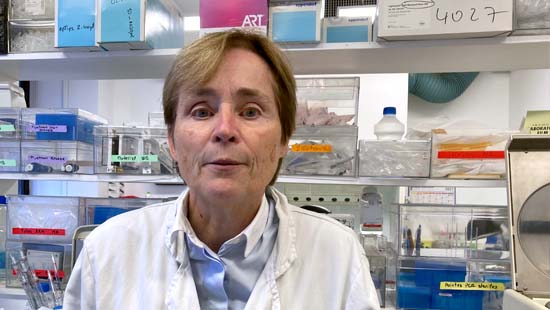
Elisabeth Tournier-Lasserve, MD
INSERM U1141, hôpital Robert Debré
Paris, France
tournier-lasserve@univ-paris-diderot.fr
The mechanisms underpinning progressive stenosis of internal carotid arteries bifurcations and abnormal angiogenesis, the two main features of moyamoya angiopathy (MMA), are unknown. We and others have identified several MMA causative genes. These data strongly suggest that RAS/MAPK, Nitric ...read more
Josef Penninger, MD
University of British Colombia
Vancouver, B.C., Canada
josef.penninger@ubc.ca
The Penninger Lab will generate iPSCs from patient samples to analyze the phosphoproteome under static and flow conditions, toward determining biomechanical signatures in MMA and AVM vasculopathies. They will develop vascular organoid models from patient iPSCs, perform CRISPR editing to generate ...read more
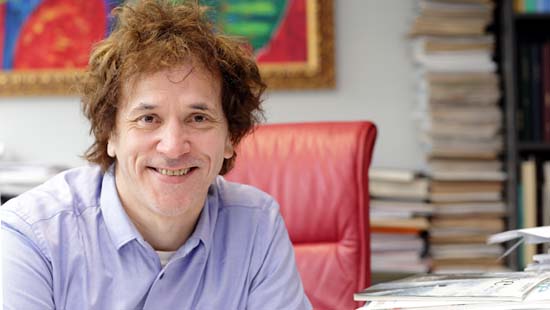
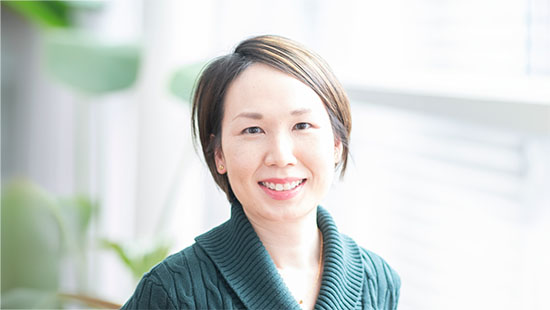
Li-Kun Phng, PhD
Team Leader
Laboratory for Vascular Morphogenesis
RIKEN Center for Biosystems Dynamics Research (BDR)
2-2-3 Minatojima-minamimachi, Chuo-ku, Kobe
650-0047, Japan
likun.phng@riken.jp
Li-Kun Phng is a Team Leader at RIKEN Center for Biosystems Dynamics Research, Kobe, Japan, where she heads ...read more
Luisa Iruela-Arispe, PhD
North American Coordinator
Chair of Cell and Developmental Biology
Stephen Walter Ranson Professor of Cell Biology
Northwestern University Feinberg School of Medicine
Chicago, Illinois, USA
arispe@northwestern.edu
Our laboratory aims to identify molecular mechanosensing pathways in endothelial cells and how ...read more
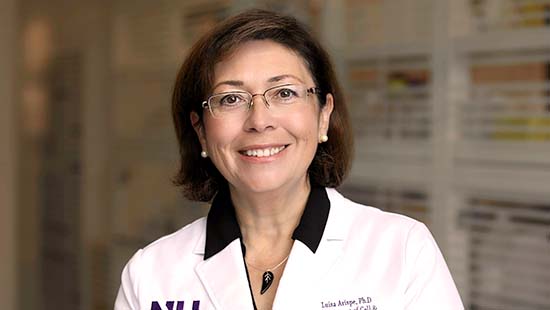
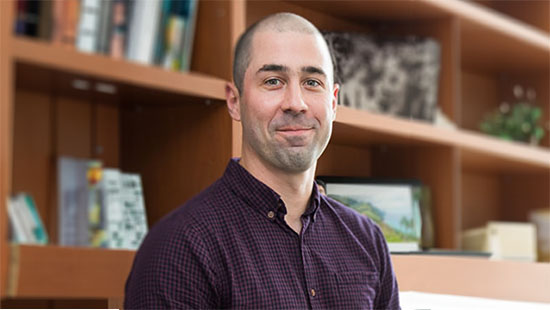
Matthew Kutys, PhD
Assistant Professor
Department of Cell and Tissue Biology
Helen Diller Family Comprehensive Cancer Center
Cardiovascular Research Institute
Biomedical Sciences Graduate Program
UCSF/UCB Bioengineering Graduate Program
BOX 0512, 513 Parnassus Ave, HSW 613
...read more
Miikka Vikkula, MD, PhD
European Coordinator
Co-Director and Professor of Human Genetics Institut de Duve
Brussels, Belgium
miikka.vikkula@uclouvain.be
The Vikkula Lab is interested in the identification of mutations that drive the formation of vascular anomalies. The lab uses patient-derived tissues and blood samples for its research. The impact of identified variants is investigated in cell ...read more
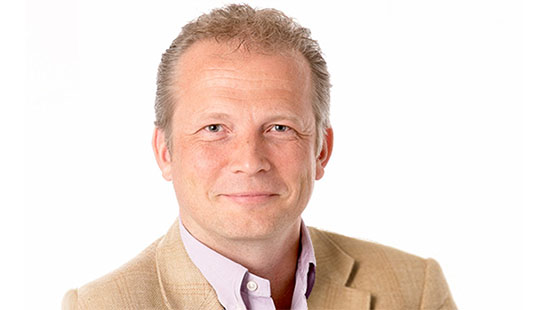
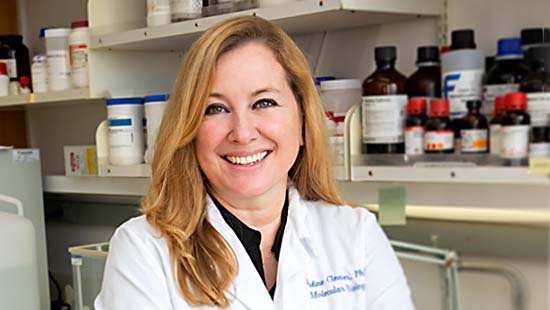
Ondine Cleaver, PhD
UT Southwestern Medical Center
Dallas, Texas, USA
ondine.cleaver@UTSouthwestern.edu
We study vascular cell fate and how progenitor cells assemble into blood vessels. Our group is particularly interested in intracellular signaling events that drive cytoskeletal or adhesion changes within progenitor cells, allowing them to assemble into functional tissues. We are interested in how cues in the ...read more
Salim Seyfried, PhD
University of Potsdam
Potsdam, Germany
salim.seyfried@uni-potsdam.de
Our team works uses zebrafish to model cardiovascular diseases, including vascular malformations. We discovered that a loss of Cerebral cavernous malformation proteins causes the activation of KLF2, which is causative to endothelial defects in lowly perfused vessel beds. Together with the team of ...read more
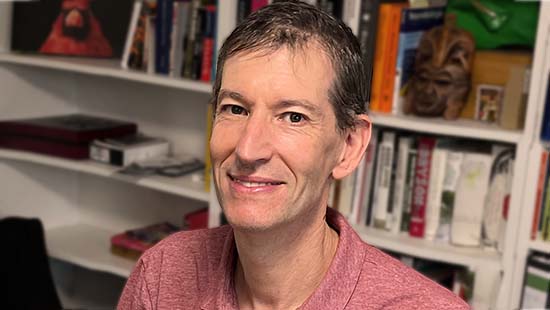
For information about ReVAMP, please contact:
Network Administrative Officer
Vanessa Gonzalez
302 E. Huron Street
SQ 8-525
Chicago, IL 60611

